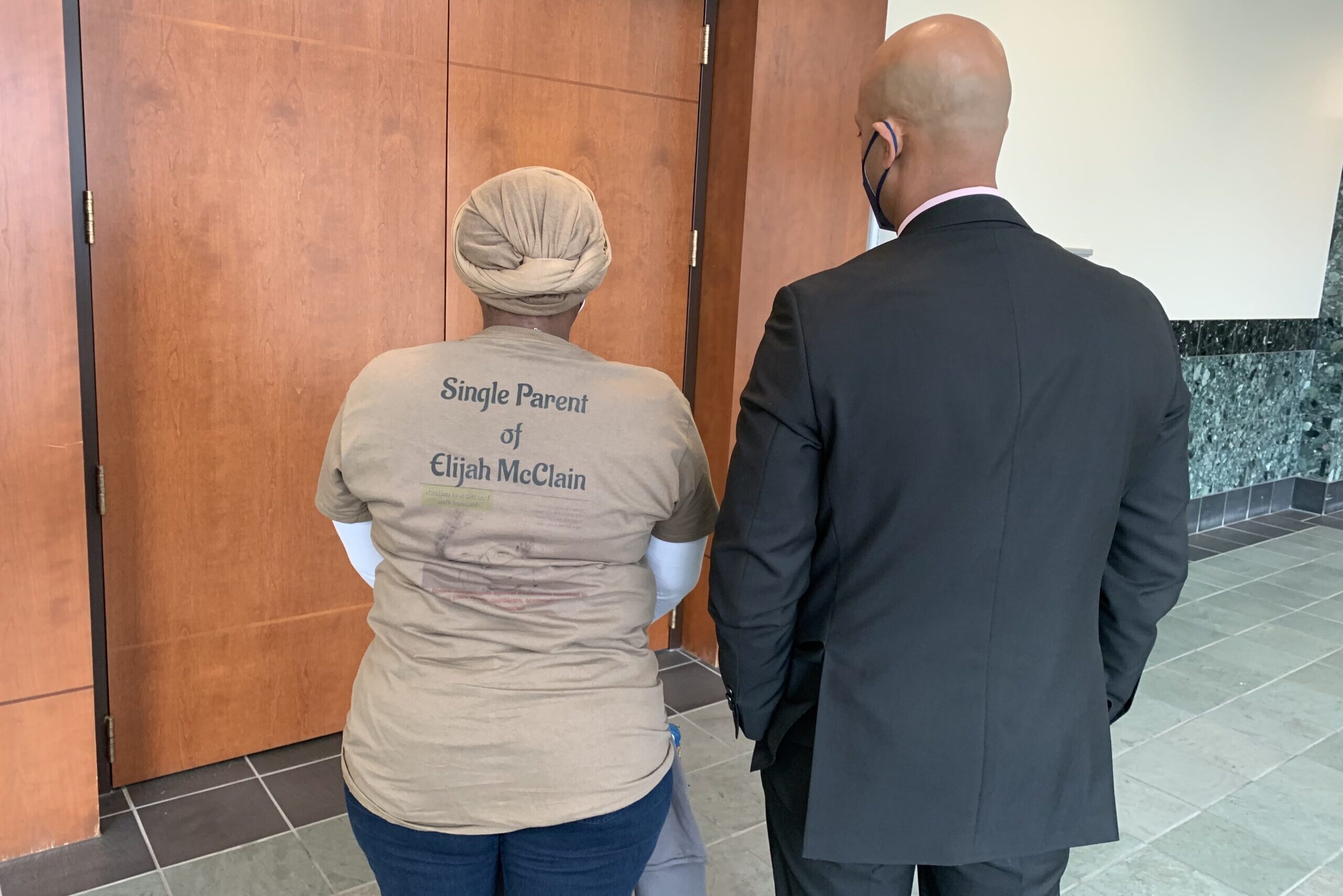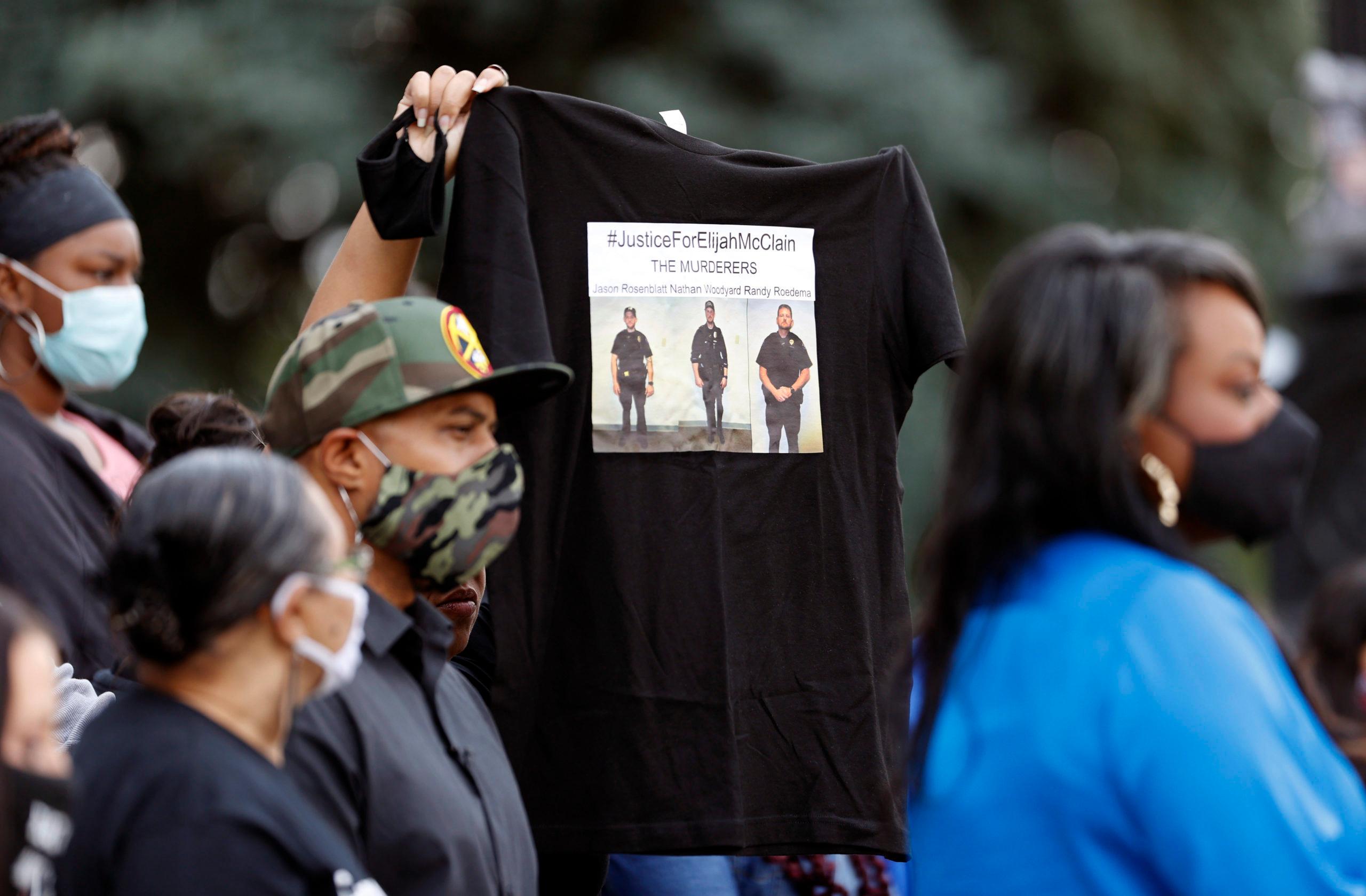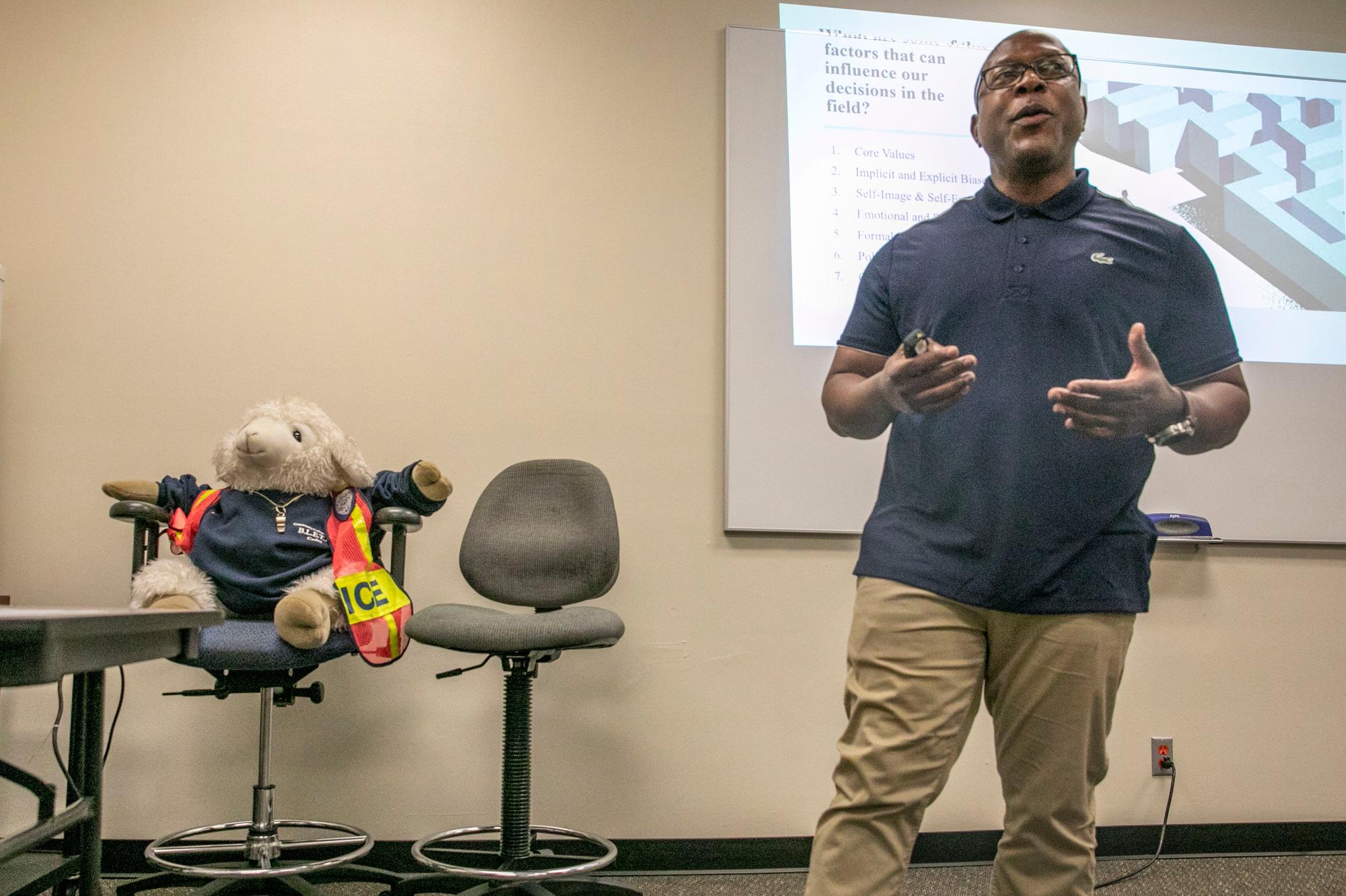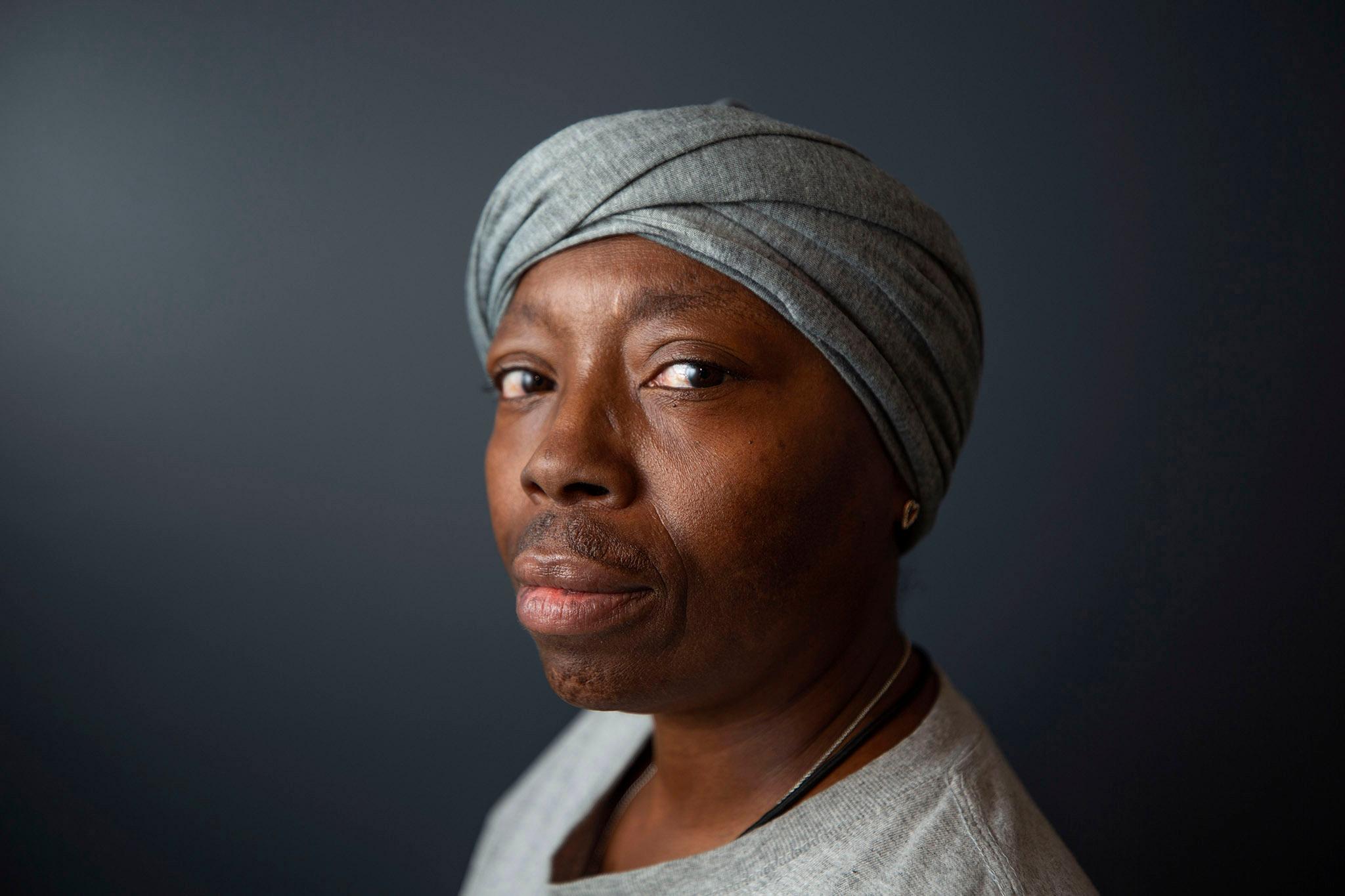
Who wants to be a cop in 2021? They do
Violence is on the rise against police officers and policing is changing after 2020’s protests against police brutality. This is what’s driving four cadets to seek careers in law enforcement.

Cops and paramedics charged in Elijah McClain’s death make brief appearances in court
For McClain’s mother, it was the first time she’d seen the men indicted in her son’s death in person.

Aurora police charged in Elijah McClain’s death due in court Monday
Two paramedics charged in the Aurora man’s death were also supposed to have a public court appearance Monday, but the judge has ordered their cases sealed.

Jailed Coloradans waiting longer and longer for competency services, with sometimes tragic consequences
Colorado was starting to get a handle on helping the most mentally ill people in jail — then the pandemic hit.

Alleged Boulder King Soopers shooter found incompetent to stand trial
The man charged with killing 10 people at a Boulder King Soopers earlier this year has been declared incompetent to stand trial — and prosecutors are awaiting a judge’s decision on whether he should get an additional evaluation.

The ACLU’s evolution at the Colorado Capitol
The Colorado ACLU has a reputation for success at the state Capitol but critics say it’s become too aggressive in its lobbying efforts. Now the group’s entire public policy team has left. CPR Justice Reporter Allison Sherry and the Colorado Sun’s Jesse Aaron Paul teamed up to look at what’s going on.

ACLU Colorado Is More Powerful Than Ever At The State Capitol — But At What Cost?
The ACLU has changed its strategy from defense to offense. While some praise the shift as bringing much-needed progress, others argue the organization has become too aggressive.

Cole Finegan, Veteran Democratic Political Ally And Attorney, Gets Biden Nomination For US Attorney In Colorado
Longtime Democratic aide and corporate lawyer Cole Finegan was nominated on Monday by President Joe Biden to be the state’s next top federal prosecutor. Finegan has worked for Gov.

Racist Policing And Inappropriate Use Of Force: Aurora Police, Fire Rescue Routinely Violate State And Federal Law, AG Finds
Colorado will require both agencies to overhaul rules around use of force, ketamine and hiring practices.


What The Indictment In The Elijah McClain Case Reveals About His Deadly Encounter With Aurora Police
The 32-count indictment released Sept.1 details how Elijah McClain’s encounter with Aurora Police unfolded the night of Aug. 24, 2019.

Aurora Police Officers Indicted In Death Of Elijah McClain Surrender
A grand jury has indicted the Aurora police officers who were involved in Elijah McClain’s death two years ago.

A New Police Academy Training In The Works For Colorado Puts An Emphasis On Emotional Intelligence And Ethics
State leaders say knowing how to interact with people is as important a skill for a police officer as knowing how to use a firearm.

‘I’ll Fight For The Rest Of My Life’: Elijah McClain’s Mother Reflects On Two Years Since His Death
From holding lonely vigils near the spot where police stopped her son, to watching thousands march in his name, Sheneen McClain says her work to improve policing and honor his legacy will never end.

Watchdog Group: Aurora Police Department Needs To Improve Use-Of-Force Training, Hiring And Data Collection
A new report presented to city council finds that a handful of officers are responsible for a large number of use-of-force incidents, and that Black men are disproportionately the targets.

Attorney General Phil Weiser Argues Red Flag Law Not Being Used Enough In Colorado
The law allows a judge to issue an “Extreme Risk Protection Order” that bans someone from possessing firearms for up to 364 days.

‘I’m Blessed I’m Still Here’: Kyle Vinson, Who Was Arrested And Beaten By Aurora Police, Speaks Out
Kyle Vinson spoke Tuesday about his arrest and how he may move forward with a lawsuit against the Aurora Police Department.
